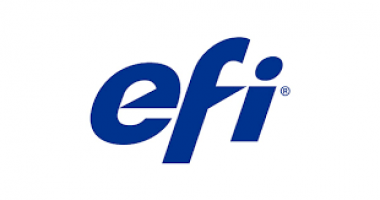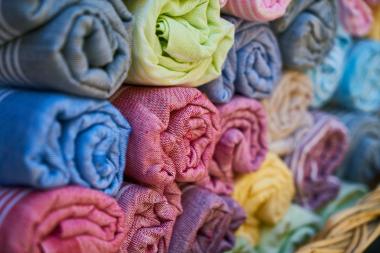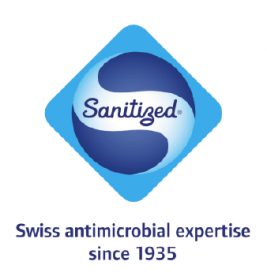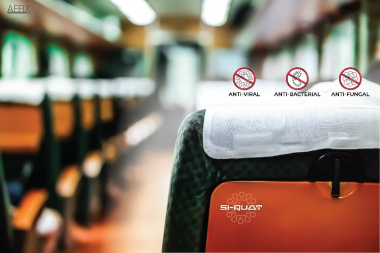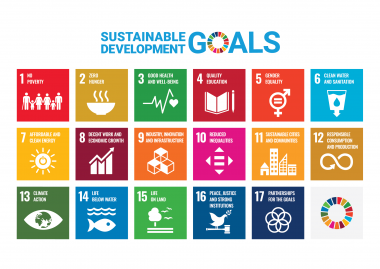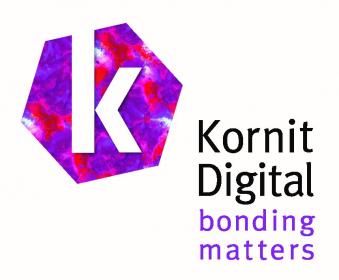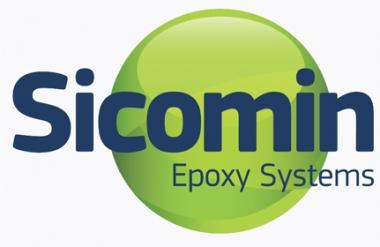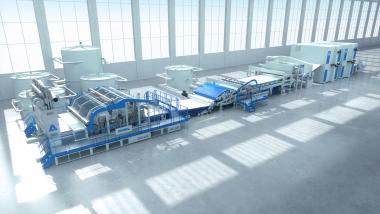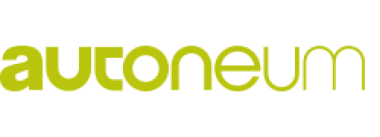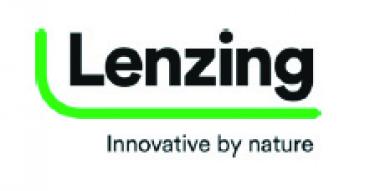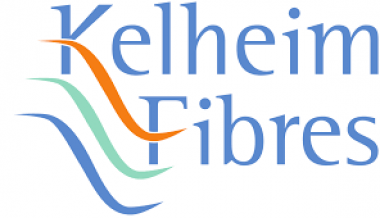Kornit Digital Partners with design platform Canva
Kornit Digital announced a new partnership with online visual communications and design platform Canva.
As part of the partnership, KornitX, an operating system for on-demand sustainable fashion, will become one of Canva’s first certified integration partners, empowering Canva to help leading Print Service Providers (PSPs), brands, and organizations easily add the Canva design tool to their e-commerce websites, making it easier to create personalized products from design, to order, to product fulfillment, in minutes. KornitX will also manage and route all orders through Kornit’s extensive global fulfillment network. Canva’s online visual communications platform currently serves more than 55 million private and enterprise users globally.
Kornit Digital / pr4u









